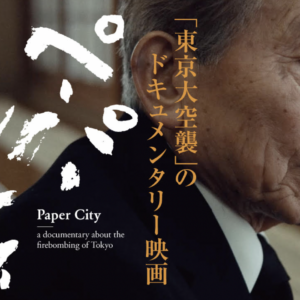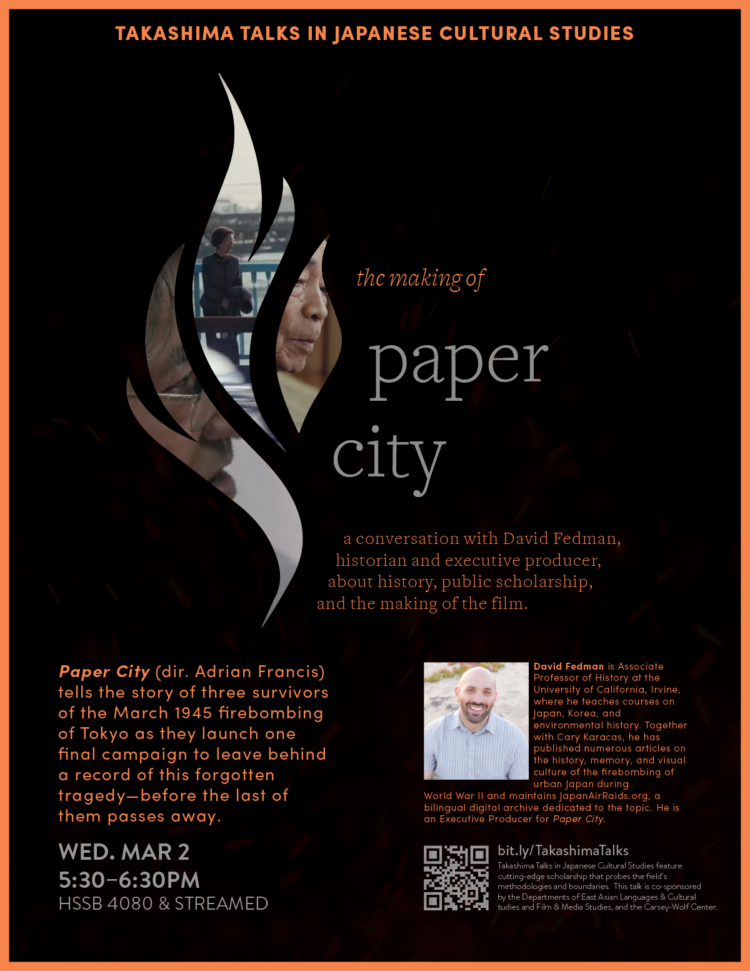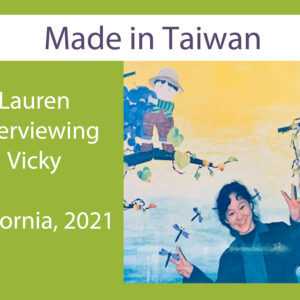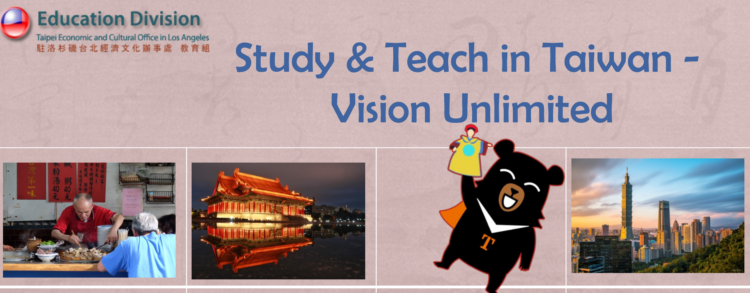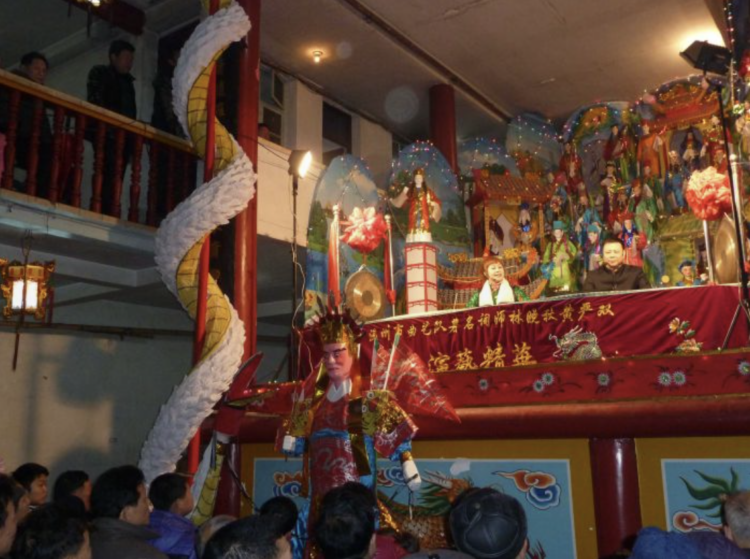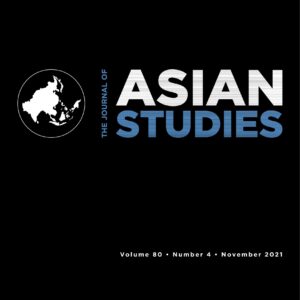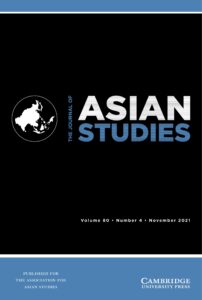Please join us on Wednesday, March 2, 5:30 – 6:30 PM as we welcome Dr. David Fedman (UC Irvine) to discuss his new documentary, Paper City. The documentary will make its US premiere at the Santa Barbara International Film Festival on March 3 and March 6. The documentary examines the history and memory of the Tokyo fire bombings. For those who don’t know Dr. Fedman’s work, he is the co-director of the Japan Air Raids project and one of the most prominent public historians, in the US and Japan, of the Tokyo fire bombings. He is also the author of the recent, and wonderful, monograph, Seeds of Control: Japan’s Empire of Forestry in Colonial Korea (University of Washington, 2020). If you would like to see a small sample of his work on the fire bombings, please check out his module, “Place Annihilation” in Bodies and Structures 2.0: Deep-Mapping Modern East Asian History.
You can watch a brief trailer for the film here.
